Learning English

How can I improve my comprehension skills in English ?
Improving English comprehension skills is crucial for effective communication. Here are some tips to enhance these abilities: 1. **Read Regularly**: Start with simpler texts and gradually move on to more complex ones, paying attention to new vocabulary, idioms, and sentence structures. 2. **Listen Actively**: Listen to English audio content like podcasts, music, radio shows, and audiobooks to expose yourself to different accents and speaking styles. 3. **Watch English Videos**: Watch movies, TV shows, and educational videos in English, focusing on non-verbal cues and discussing the content with others. 4. **Practice with Language Exchange Partners**: Converse regularly with native speakers, ask questions, and learn from mistakes. 5. **Use Online Resources**: Utilize language learning apps, websites, and forums for interactive exercises, engaging with online communities, and getting personalized feedback.
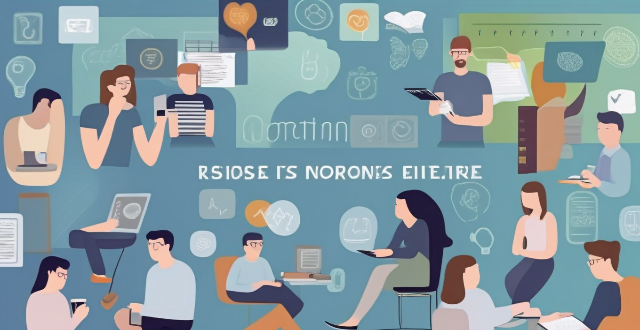
Can you recommend any good online learning resources for language learning ?
Here are some good online learning resources for language learning: Duolingo, Rosetta Stone, Memrise, Babbel, italki, Lingoda, Busuu, Coursera, Edx, and FluentU. These platforms offer courses in various languages and use different approaches to teaching, such as interactive lessons, immersive experiences, flashcards, conversation skills, one-on-one tutoring, and real-world videos.
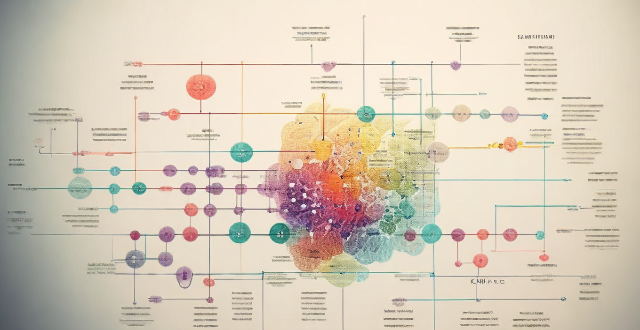
What are some effective strategies for lifelong learning ?
Lifelong learning is crucial for personal growth and adaptability. Effective strategies include setting clear goals, creating a learning plan, leveraging technology, practicing active learning, seeking mentorship, and embracing failure for continuous improvement.
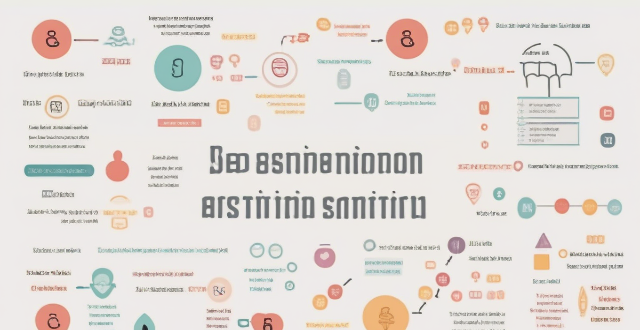
How can I develop a habit of lifelong learning ?
Lifelong learning is crucial for staying relevant and competitive. To develop this habit, set clear goals, create a learning plan, make learning part of your daily routine, embrace challenges, stay curious, connect with others, reflect on your journey, and continuously update your skills.

What are the best online learning resources for beginners ?
The text provides a list of online learning resources for beginners, including Khan Academy, Coursera, edX, Udemy, Codecademy, Duolingo, Skillshare, and LinkedIn Learning. Each resource offers courses in various subjects, from computer science to language learning, and many are free or have affordable options available.

How can employers encourage and support lifelong learning among employees ?
Employers can support lifelong learning by offering resources, encouraging participation in training programs, providing opportunities for career development, and creating a collaborative learning environment.
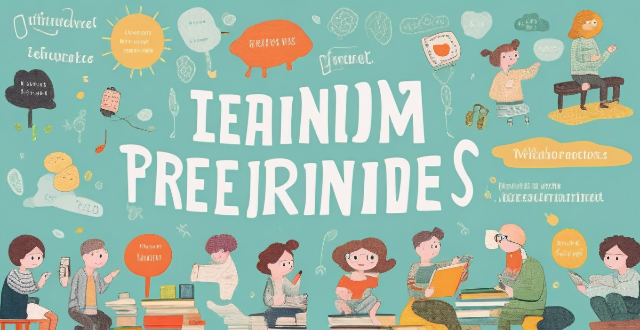
Are there any good online learning resources for language learning ?
Good online learning resources for language learning include Duolingo, Memrise, Rosetta Stone, Babbel, and Busuu. Each platform has its unique features and strengths, such as interactive lessons, memory techniques, immersive experiences, conversational focus, and community support. These resources can help learners achieve fluency in their target language by providing engaging and effective ways to learn vocabulary, grammar, pronunciation, and cultural insights.

What are some benefits of using online learning resources compared to traditional classroom learning ?
Online learning resources offer advantages over traditional classroom learning, including flexibility and convenience, cost savings, personalized learning experiences, exposure to diverse cultures, and development of technology skills.

What is lifelong learning and why is it important ?
Lifelong learning is the continuous process of acquiring new knowledge, skills, and attitudes throughout one's life. It is important for personal development, professional growth, social contribution, economic benefits, health and well-being, and global citizenship. To embrace lifelong learning, individuals can set learning goals, create a learning plan, seek out opportunities, stay curious, reflect on their learning, and share their knowledge with others.

Who are the all-time top scorers in the English Premier League ?
The English Premier League, also known as the Barclays Premier League or simply the Premiership, is one of the most popular and competitive football leagues in the world. Since its inception in 1992, many great players have graced the pitch and scored numerous goals. Here are the top scorers in the history of the English Premier League: Alan Shearer is the all-time top scorer in the English Premier League with an impressive tally of 260 goals. He played for Blackburn Rovers and Newcastle United during his career and was known for his powerful shots and aerial ability. Wayne Rooney is second on the list with 208 goals to his name. He spent the majority of his career at Manchester United, where he became the club's all-time top scorer. Andrew Cole is third on the list with 187 goals. He played for various clubs including Newcastle United, Fulham, Manchester United, and Blackburn Rovers. Frank Lampard is fourth on the list with 177 goals to his name. He played exclusively for Chelsea during his time in the Premier League and was known for his long-range shooting and set-piece expertise. Thierry Henry is fifth on the list with 175 goals. He played for Arsenal and Barcelona during his time in the Premier League and was known for his pace, dribbling ability, and clinical finishing.
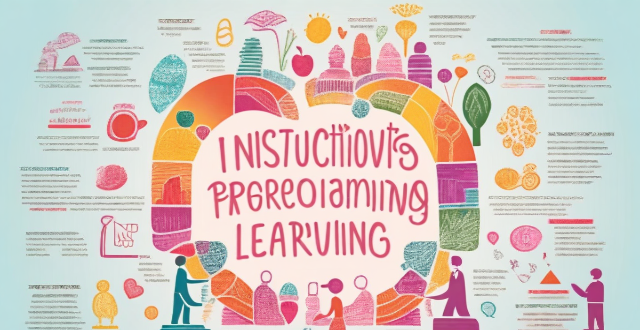
What role do educational institutions play in promoting lifelong learning ?
Educational institutions promote lifelong learning by encouraging a love for learning, providing access to educational resources, offering continuing education opportunities, and fostering collaboration and partnerships.

How do I start learning golf ?
Golf is a popular sport that can be enjoyed by people of all ages and skill levels. If you're interested in learning how to play golf, here are some steps to help you get started: 1. Understand the basics of golf, including the rules and etiquette. 2. Choose the right equipment, such as a set of beginner-friendly clubs. 3. Take lessons with a PGA professional for personalized instruction. 4. Practice regularly at a driving range, putting green, or chipping area. 5. Play on an actual golf course once you've gained confidence from practicing. 6. Join a golf community to enhance your learning experience and meet other players. 7. Stay patient and have fun while enjoying the process of learning and playing golf.
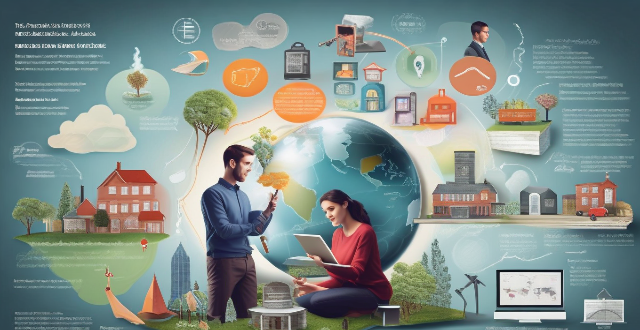
How does technology facilitate lifelong learning ?
Technology has revolutionized education, making it more accessible, interactive, and personalized. It facilitates lifelong learning through online resources, digital libraries, simulation software, gamification, adaptive platforms, mobile learning, social media groups, online workshops, instant feedback, cost efficiency, and globalization of education. Technology offers a wealth of benefits for learners of all ages and backgrounds.

What are the trends and predictions for the future of international education ?
The future of international education is expected to be shaped by a range of trends and predictions, including: 1. **Increased Demand for Global Learning**: A rise in student mobility and diverse programs catering to specific interests. 2. **Technology-Enabled Learning**: Greater integration of online resources and blended learning models. 3. **Cultural Competence and Global Citizenship**: Emphasis on intercultural skill development and global citizenship education. 4. **Collaborative Partnerships and Exchanges**: More institutional partnerships and multinational collaborations. 5. **Sustainability and Social Impact**: Green campuses and community engagement initiatives. 6. **Personalized Learning Pathways**: Customized education and enhanced career services. 7. **Policy Changes and Regulation**: Potential shifts in visa policies and quality assurance standards. 8. **Financial Aid and Scholarships**: Expanded funding opportunities and alternative financing methods. 9. **Language Diversity**: Recognition of multilingualism and linguistic inclusivity. 10. **Lifelong Learning**: Adaptation of degree programs for non-traditional students and a focus on continuing education.
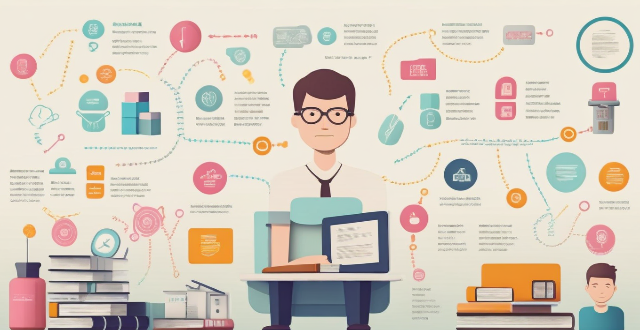
What are the benefits of using a remote education platform for learning ?
Using a remote education platform for learning offers numerous benefits that enhance the overall learning experience, including flexibility and convenience, personalized learning, collaboration opportunities, cost savings, access to quality education, improved learning outcomes, and environmental sustainability.
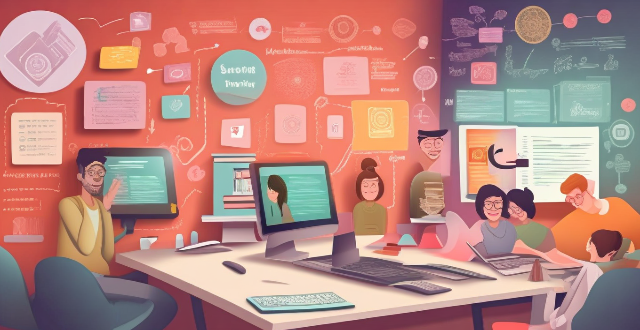
How does personalized learning through adaptive software benefit students ?
Adaptive software in education offers personalized learning experiences, enhancing student engagement, academic performance, and key skill development. It supports inclusive education, prepares students for future challenges, and makes learning more efficient and effective.

How does educational psychology impact student learning ?
Educational psychology plays a crucial role in understanding and enhancing student learning. It helps educators understand cognitive development, enhance motivation and engagement, promote social-emotional learning, address diverse learning needs, and evaluate teaching strategies and interventions. By incorporating insights from educational psychology into their practice, teachers can create a more effective and supportive learning environment for all students.

How does lifelong learning impact career development ?
Lifelong learning is a continuous process of acquiring new knowledge and skills that can significantly impact career development. It enhances skills, adaptability, creativity, personal growth, networking opportunities, and career longevity. By engaging in lifelong learning, individuals can stay relevant in their professions, adapt to changing job requirements, and increase their chances of career success.
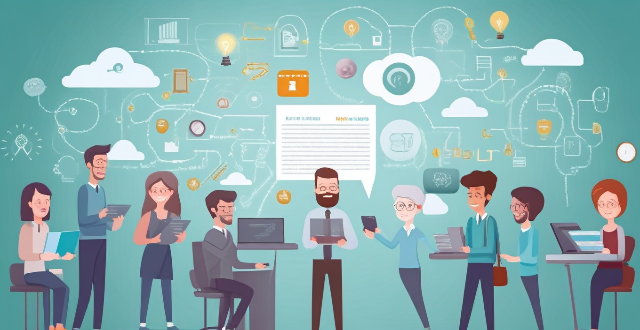
How do online learning platforms enhance student engagement and performance ?
The article discusses how online learning platforms enhance student engagement and performance. It mentions personalized learning experiences, interactive content and multimedia, collaboration and communication tools, gamification and rewards, flexibility and convenience, and immediate feedback and support as key features of these platforms that contribute to improved student outcomes.
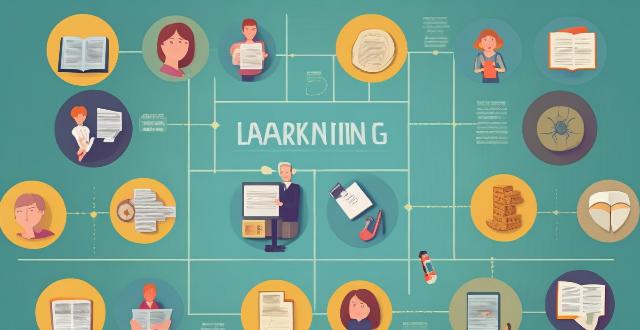
What are the benefits of lifelong learning ?
Lifelong learning, a process of continuous and voluntary learning throughout one's lifespan, offers numerous benefits that positively impact an individual's personal and professional life. These include improved cognitive abilities, increased self-esteem and confidence, personal fulfillment and satisfaction, enhanced career opportunities, higher earning potential, greater professional network, economic growth, social inclusion and cohesion, and environmental sustainability. By embracing the concept of lifelong learning, individuals can lead richer, more fulfilling lives while contributing positively to society as a whole.

Is it possible to become fluent in a foreign language in just a few months ?
Becoming fluent in a foreign language within a few months is possible but depends on various factors such as prior language experience, time dedication, effective learning resources and methods, favorable language difficulty, strong motivation, and a proactive approach to learning. Strategies for rapid language learning include setting clear goals, creating a study routine, practicing with native speakers, using technology, and embracing mistakes and persevering.

What role does intrinsic motivation play in learning and how can I cultivate it ?
Intrinsic motivation is a key factor in enhancing the learning process. It leads to increased engagement, persistence, and deeper understanding of material. To foster this type of motivation, one should focus on promoting autonomy, competence, relatedness, personal interest, and a mastery orientation. Strategies include offering choices, providing clear feedback, building community, connecting to interests, and emphasizing the learning journey over just the outcome.
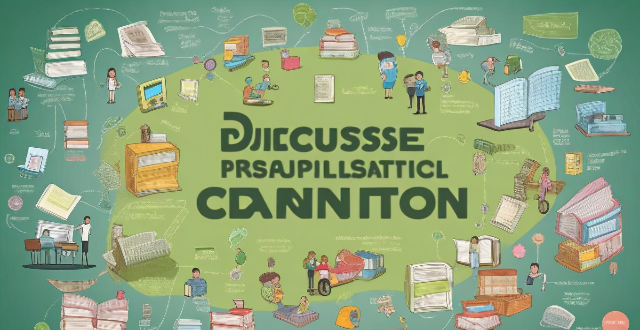
Can remote education platforms replace traditional classroom learning ?
The text discusses the pros and cons of remote education platforms and concludes that they cannot fully replace traditional classroom learning due to lack of social interaction, difficulty with self-motivation, and limited hands-on experience. However, a combination of both methods may provide a well-rounded education.
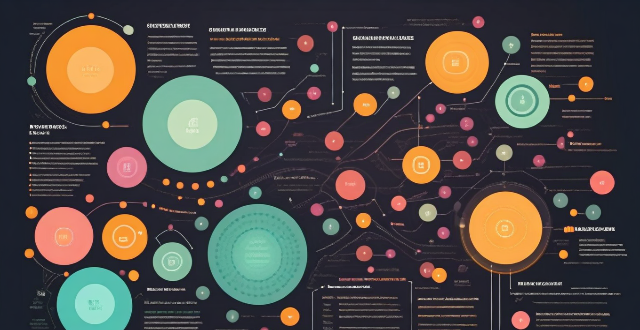
How do language learning apps incorporate grammar and vocabulary into their lessons ?
Language learning apps incorporate grammar and vocabulary into lessons through interactive contextualized learning, gamified exercises, spaced repetition techniques, personalized learning paths, multimedia content, social interaction opportunities, and offline learning features. These methods aim to make the acquisition of a new language efficient, engaging, and adaptable to individual learners' needs and preferences.

Are there any free platforms for language learning ?
Language learning has become more accessible than ever before, thanks to the internet. There are numerous free platforms available for those who want to learn a new language or improve their existing skills. In this article, we will explore some of the best free language learning platforms available.